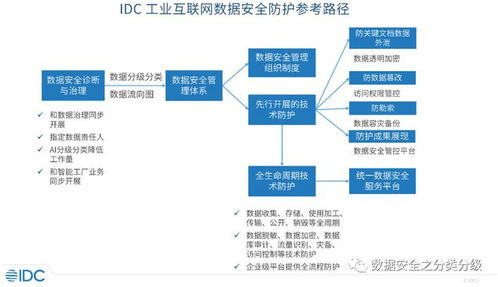Football Skills: A Comprehensive Guide
When it comes to football, having a range of skills is crucial for both players and coaches. Whether you're a beginner looking to improve your game or a seasoned player aiming to take your skills to the next level, understanding the various aspects of football skills is essential. In this article, we will delve into the different dimensions of football skills, providing you with valuable insights and tips to enhance your performance on the field.
Basic Skills

Before diving into more advanced techniques, it's important to master the basic skills of football. These include dribbling, passing, shooting, and tackling. Let's take a closer look at each of these skills:
| Basic Skill | Description |
|---|---|
| Dribbling | Moving the ball around the field using your feet, avoiding opponents and creating space. |
| Passing | Successfully transferring the ball to a teammate, either short or long distances. |
| Shooting | Striking the ball with the intention of scoring a goal. |
| Tackling | Dispossessing an opponent of the ball by legally tackling them. |
Mastering these basic skills will provide a strong foundation for your football journey.
Technical Skills

Technical skills are the building blocks of football. They involve precise movements and require a high level of coordination. Here are some key technical skills to focus on:
- Ball Control: The ability to control the ball with your feet, including stopping, turning, and changing direction.
- Feinting: Using deceptive movements to trick opponents into thinking you're going to pass or shoot, only to do something else.
- First Touch: The initial touch on the ball after receiving it, which can determine the outcome of a play.
- Heading: Using your head to control the ball, especially important in aerial duels.
Improving your technical skills will make you a more versatile and effective player.
Physical Skills

Physical skills are essential for maintaining fitness, endurance, and strength on the football field. Here are some key physical skills to focus on:
- Speed: The ability to move quickly on the field, both in sprints and short bursts.
- Agility: The ability to change direction quickly and efficiently.
- Strength: The ability to exert force on the ball and opponents.
- Endurance: The ability to maintain high levels of performance throughout the entire match.
Developing your physical skills will help you stay competitive and perform at your best.
Strategic Skills
Strategic skills involve understanding the game and making smart decisions on the field. Here are some key strategic skills to focus on:
- Positioning: Knowing where to be on the field at any given time to maximize your team's chances of scoring.
- Reading the Game: Understanding the intentions and movements of opponents and teammates.
- Decision Making: Making quick and accurate decisions in high-pressure situations.
- Communication: Communicating effectively with teammates to coordinate plays and tactics.
Improving your strategic skills will help you become a more intelligent and effective player.
Conclusion
Mastering football skills requires dedication, practice, and a willingness to learn. By focusing on the different dimensions of football skills, including basic, technical, physical, and strategic skills, you can enhance your performance on the field and become a more well-rounded player. Remember, the journey to becoming a skilled footballer is a continuous process, so keep practicing and stay committed to your goals.










